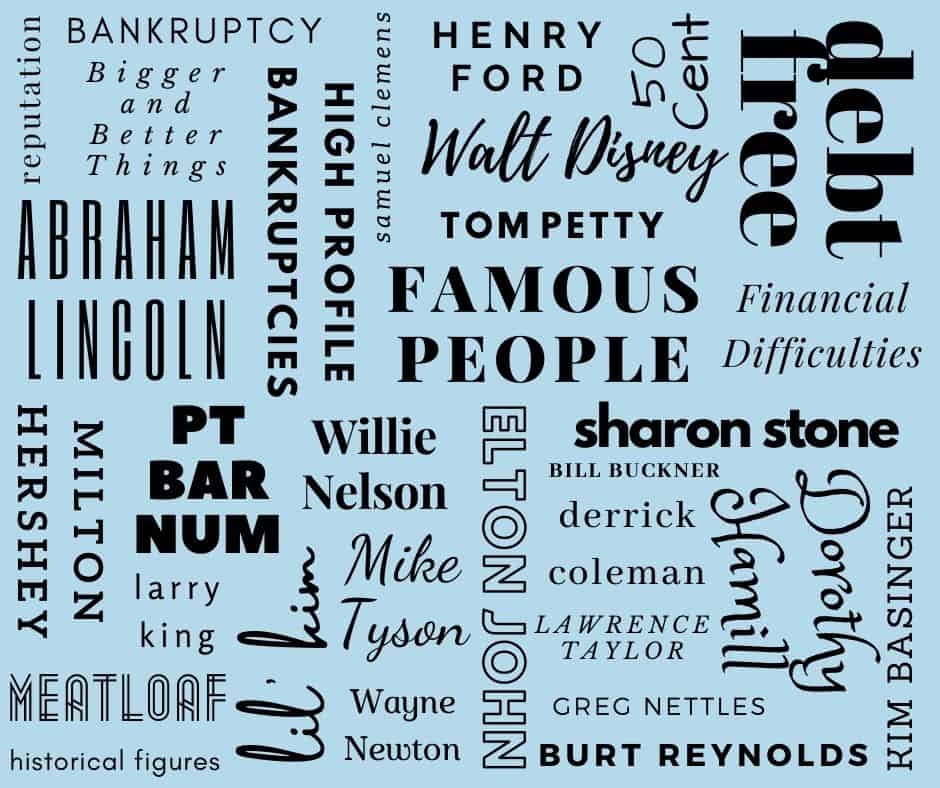Litigation and mediation are both dispute resolution tools. Two, or more, parties can utilized either when there is a dispute that cannot be resolved amicably. Litigation means that one or more of them have decided to bring a lawsuit in front of a court of law. A judge will decide the outcome of their disagreement. A judge makes a decision when a matter goes all the way through the legal process. That decision is binding on the parties.
Mediation
Mediation, on the other hand, is when the parties decide to stay more in control of the process. In a mediation, the mediator is a neutral third party. The parties choose the mediator. The mediator hears the facts and legal analysis presented by all the parties. He or she helps them see the pros and cons of each of their arguments. The mediator then makes suggestions. Finally, the mediator helps the parties with creative solutions on how to reach a compromise and resolve their dispute. Mediation is confidential. Therefore, if negotiations fail, anything discussed during the mediation process cannot be used in litigation.
5 Benefits of Mediation
Despite what you may see on TV, litigation should be a last resort when it comes to civil proceedings. Mediating a lawsuit can be more effective. Also, it comes with several benefits over litigation that you may not have known about, like the following:
- Mediation costs a lot less than litigation. Financially speaking, litigation will eat up a lot of your money. Attorney and court fees can eat up a substantial chunk of your savings. Mediation is a more cost-effective alternative.
- You’re more in control. During litigation, a judge will hear both sides of the case. The judge decides on issues as he or she deems “fair.” That can be subjective and it can lead to decisions with which you may not necessarily agree. With mediation, you and the other party are having a formal discussion about the issues that come up. The mediator is there to help discussions flow more smoothly and to facilitate a conversation.
- Non-binding. With mediation, the solutions that the mediator suggests are just that—suggestions. The decisions that happen during the discussion are non-binding. Although, be warned that if either party crosses a line set forth during mediation, it can go on to litigation.
- Backlog in the Courts. The reality with the U.S. judicial system is that courts always have something on the docket . They are often backlogged due to the large amount of cases before them. Setting a court date could mean you won’t see even the beginning of a resolution until months down the road. That’s a lot of time, money, and emotion spent waiting for a court date. The system is also plagued by parties rescheduling and postponing those dates. Therefore, it can easily become an expensive, bureaucratic mess. Mediation is relatively faster. This is because you and the other party schedule when you want to meet.
- Better results. Both parties feel like they have contributed to a discussion and have heard each other out. As such, they are more likely to follow the decisions made during mediation than during the adversarial litigation process. There is no winner or loser during mediation, only middle ground. Because both parties must agree on the results.
Our Commitment is to you.
Attorney Karina Lucid is an experienced mediator and can serve in that capacity should you choose to go the mediation route. She can also represent your side during mediation proceedings. Whatever you may need, we can help! Call us at (908) 350-7505 for a free consultation!



